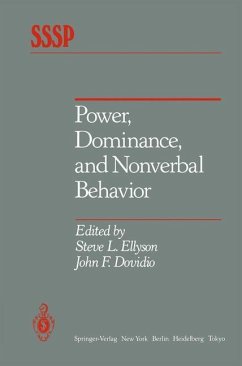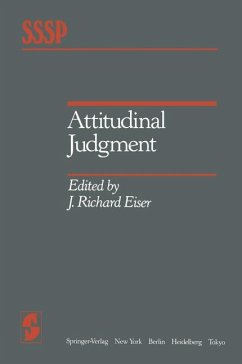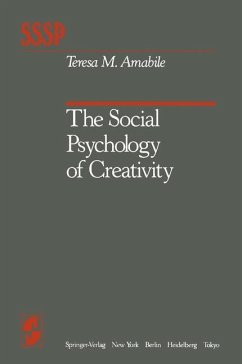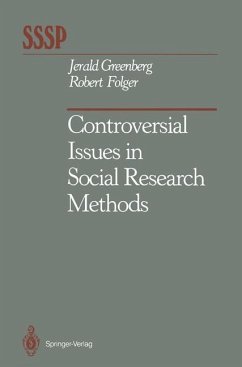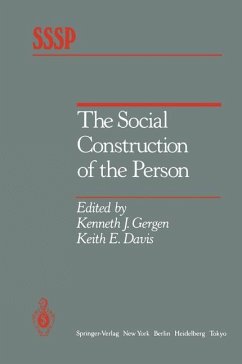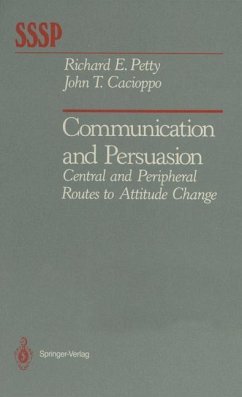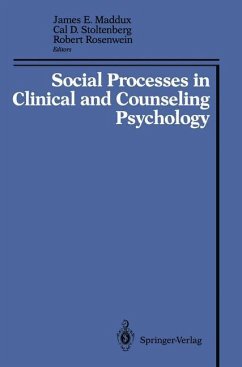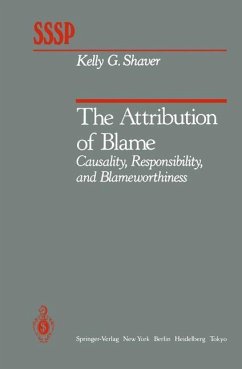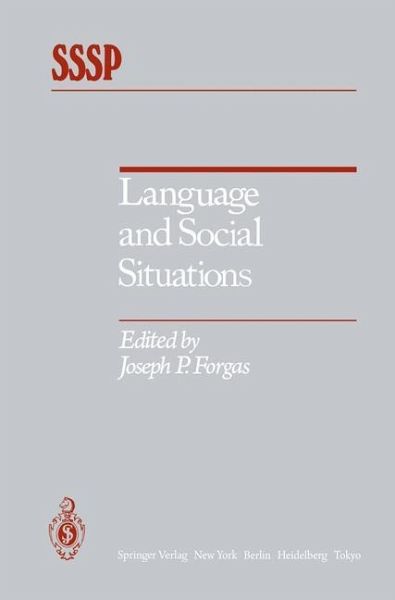
Language and Social Situations

PAYBACK Punkte
39 °P sammeln!
Most of our interactions with others occur within the framework of recurring social situations, and the language choices we make are intimately tied to situational features. Although the interdependence between language and social situations has been well recognized at least since G. H. Mead developed his symbolic interactionist theory, psychologists have been reluctant to devote much interest to this domain until recently. Yet it is arguable that a detailed understanding of the subtle links between situational features and language use must lie at the heart of any genuinely social psychology....
Most of our interactions with others occur within the framework of recurring social situations, and the language choices we make are intimately tied to situational features. Although the interdependence between language and social situations has been well recognized at least since G. H. Mead developed his symbolic interactionist theory, psychologists have been reluctant to devote much interest to this domain until recently. Yet it is arguable that a detailed understanding of the subtle links between situational features and language use must lie at the heart of any genuinely social psychology. This volume contains original contributions from psychologists, linguists and philosophers from the United States, Canada, Europe, Israel, and Australia who share an interest in the social-psychological aspects of language. Their work represents one of the first concentrated attempts to chart the possibilities of this exciting field. It is perhaps in order to say a few words about the origins of this book. The need for a volume integrating research on language and social situations first emerged during the 2nd International Conference of Language and Social Psychology at Bristol University in 1983, at which I was convening a symposium with a similar title at the request of the organizers, Peter Robinson and Howard Giles. When they first approached me with this idea in 1982, I gladly accepted, since my own research on cognitive representations of social episodes seemed eminently relevant to a symposium on language and social situations.





